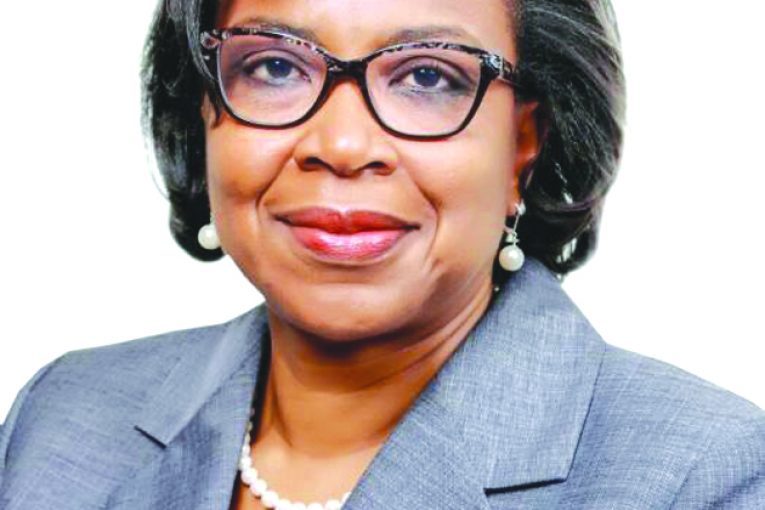Finance
National Assembly Plans to Review Loans Owed to China

- National Assembly Plans to Review Loans Owed to China
The National Assembly has announced plans to review loans accessed by the Federal Government between 2000 and 2020 from the Republic of China.
The call to review the Chinese loans was made by the House of Representatives because of the negative impact of COVID-19 on the nation, the House mandated committees on Treaties, Protocols and Agreements and Finance and Debt Management to liaise with the Ministry of Finance and the Debt Management Office (DMO) to review the loan agreements between Nigeria and China.
This is to access the documentation of the loan applications, approvals and consider possible ways to renegotiate them amid declining economic growth, weak revenue generation and falling oil prices.
The House of Representatives had laid claims of not been aware nor informed of the loan process or its management.
However, the Director-General of DMO Ms. Patience Oniha stated that the loan was procured in line with the country’s borrowing guidelines.
She said, “If you check the borrowing guidelines and recall press reports on requests submitted to the National Assembly for new borrowing, you would know that loans, including the Chinese loans, are approved by the National Assembly before they are contracted”.
The debt owed to Export-Import Bank of China amounted to $3.18 which is the country’s highest bilateral debt so far.
According to a recent report by Investors King, African nations owe the Chinese Government about $152 billion, which is cumulative of loans made between 2000 and 2018. Earlier last month, China had announced that it would join other members of G20 to see how they can better help minimize the impact of COVID-19 on emerging economies and poor nations but had refused to announce or agree to possible write-offs.
Therefore, the House of Assembly is looking to fight for a review or renegotiation of Nigerian loans owed to the Chinese government as it grapples with the COVID-19 pandemic.